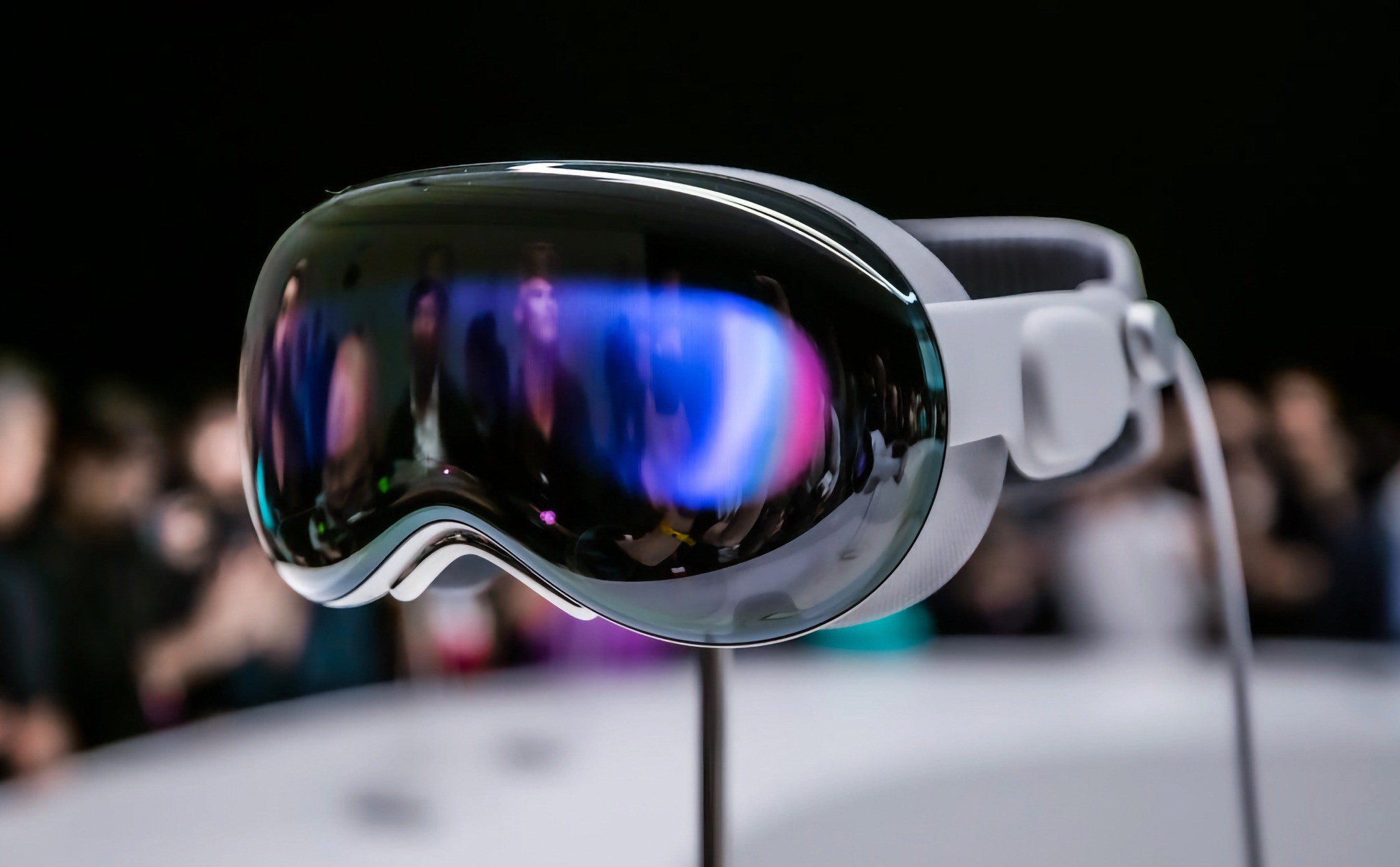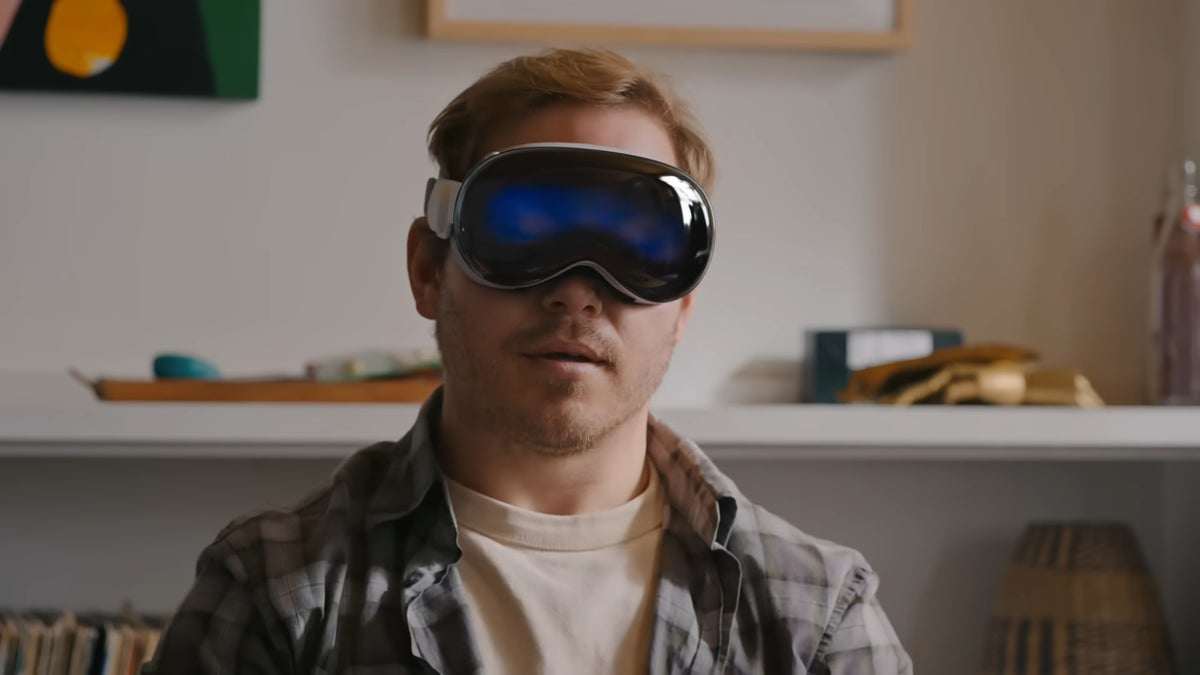Apple Vision Pro is not only an entertainment tool, but also opens up new hope for paralyzed people to control devices with their brains!
Apple Vision Pro launched earlier this year, and while its primary focus is on improving everyday productivity and entertainment, a new use has just been discovered that could completely change the way paralyzed people are cared for, iMore reports.
In a press release, brain-computer interface company Synchron announced this week that a 64-year-old man with ALS (amyotrophic lateral sclerosis) was able to control an Apple Vision Pro with his brain, doing things like watching Apple TV and playing solitaire. Because he had no use of his upper limbs, the patient was previously unable to use the hand gestures needed to control the device.
“Using this augmented reality device has been so impactful and I can only imagine how it will change the lives of others in my situation or others who have lost the ability to participate in their daily lives,” the patient said. “It can take you to places you never thought you would see or experience again.”
Synchron, the company behind the initiative, has invented a “BCI-integrated” chip that is implanted into “the superficial circuitry of the motor cortex via the jugular vein.” It can then translate “motor intent” from the brain to control the Apple Vision Pro.
It’s important to note that while playing cards and watching shows on Apple TV Plus are great uses for a virtual reality headset, you can also FaceTime friends, answer emails, and shop for groceries. For someone with ALS, this can provide a certain degree of freedom to do some everyday tasks.
"We are working towards a new connectivity standard for human-computer interactions without touching or speaking. This is a critical unmet need for millions of paralyzed people," said Synchron's founder and CEO.
This is just the beginning of the innovation, and if widely adopted, it could help paralyzed people take more control of their digital lives.
In a recent report, Bloomberg analyst Mark Gurman said that Apple has been planning to pursue an iPhone model with integrated Vision Pro virtual reality headset. Moreover, the company is also researching a pair of AR glasses and developing VisionOS 3 operating system.
The Vision Pro was released in February of this year for $3,499. While it has attracted a lot of interest, its price tag puts it out of reach for most consumers and VR enthusiasts. Gurman said that even a discounted Vision Pro would be out of reach for most people.
Bloomberg’s analyst also compared the launch of the Vision Pro to the launch of the iPhone and Apple Watch. The first iPhone was not an overnight global success, and it was the steep price drop of the iPhone 3G that helped the phone reach a large audience.
Likewise, the Apple Watch didn’t really get much attention until it introduced health and fitness tracking features, which is a huge advantage in practical use for a smartwatch.
Gurman also stated that Apple's plan is to always follow the iPhone development model, which means that in a few years the Vision Pro will become a product line with both low-end and high-end models.



